India expels Pakistanis suspends water treaty after Kashmir terror attack
- Update Time : Friday, April 25, 2025
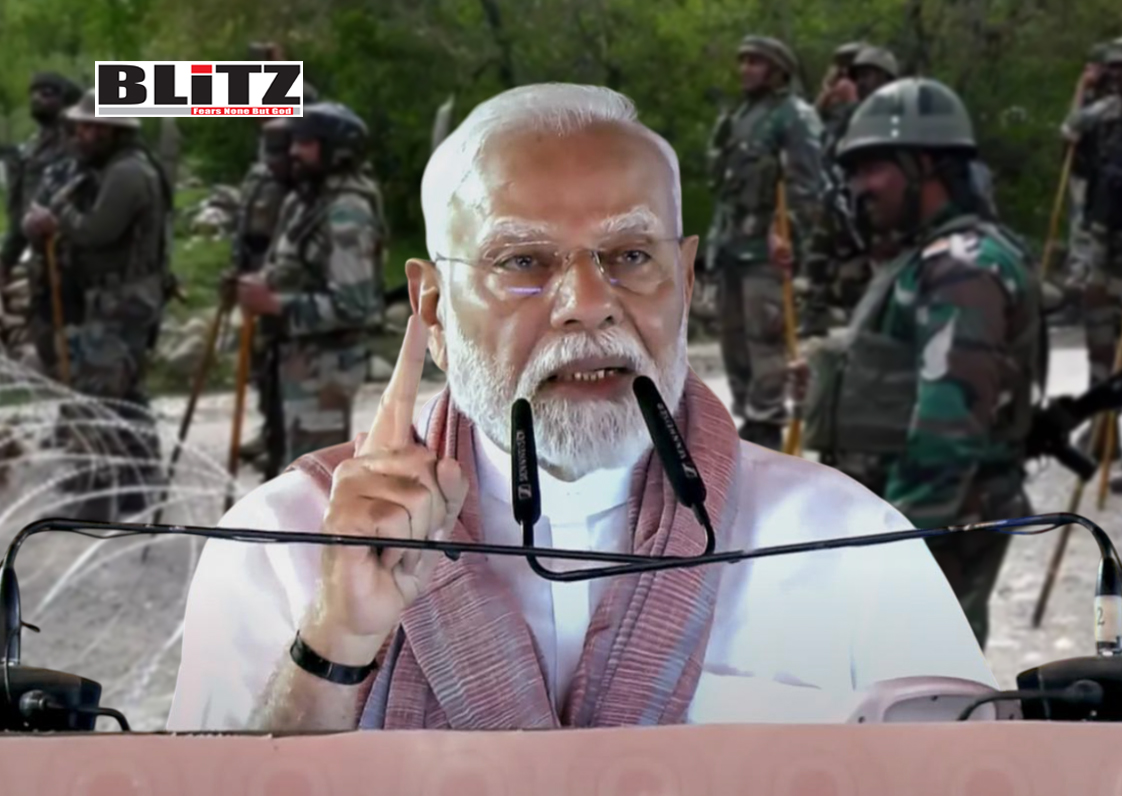
In a dramatic and sweeping escalation of tensions between India and Pakistan, the Indian government has revoked all visas issued to Pakistani nationals and ordered them to leave the country by April 27. The move follows a devastating terrorist attack in the Jammu and Kashmir union territory that claimed the lives of at least 26 civilians and injured dozens more. Indian authorities have blamed the assault on The Resistance Front, a group widely considered to be a proxy of the Pakistan-based Lashkar-e-Taiba.
The Indian Ministry of External Affairs announced the visa cancellation on April 24, declaring that even Pakistanis currently in India for medical reasons must comply. While medical visas will remain technically valid until April 29, 2025, affected individuals are still required to exit the country before their amended expiration dates.
“Indian nationals are strongly advised to avoid travelling to Pakistan. Those Indian nationals currently in Pakistan are also advised to return to India at the earliest,” the foreign ministry stated in a formal advisory.
This unprecedented decision came just one day after Prime Minister Narendra Modi chaired an emergency meeting of the Cabinet Committee on Security. The meeting resulted in a number of retaliatory actions, including the closure of the Wagah-Attari border crossing, the expulsion of 12 Pakistani diplomats, and, most provocatively, a suspension of the Indus Waters Treaty-a longstanding bilateral agreement governing the use of the Indus River system.
Pakistan responded swiftly, labeling the Indian actions as “hostile” and warning of serious consequences. In a fiery statement issued by the office of Prime Minister Shehbaz Sharif and cited by Dawn, Islamabad threatened full-scale retaliation should India attempt to obstruct the flow of water.
“Any attempt to stop or divert the flow of water belonging to Pakistan as per the Indus Waters Treaty, and the usurpation of the rights of lower riparian will be considered as an Act of War and responded with full force across the complete spectrum of National Power,” the statement read.
The Indus Waters Treaty, brokered by the World Bank in 1960, has survived multiple wars and skirmishes between the two nations. India controls the headwaters of the Indus system and, under the treaty, allows Pakistan access to the waters of the Indus, Jhelum, and Chenab rivers. Any revocation of the treaty could have disastrous consequences for Pakistan’s agriculture, economy, and population, potentially triggering a humanitarian crisis.
Earlier on April 24, Prime Minister Modi addressed a political rally in the state of Bihar where he condemned the attack in Kashmir and vowed uncompromising action. “I say to the whole world, India will identify, trace, and punish every terrorist and their backers. We will pursue them to the ends of the Earth,” Modi declared to thunderous applause. “Every effort will be made to ensure that justice is done.”
The attack took place near the town of Pahalgam in southern Kashmir, a region long marred by violence and insurgency. According to reports, militants opened fire on buses carrying Indian tourists, most of whom were from Maharashtra and Gujarat. Eyewitnesses described scenes of chaos and panic as gunmen indiscriminately sprayed bullets at the vehicles.
The Resistance Front, a group that has claimed responsibility for previous attacks in Kashmir and is believed to have ties with Lashkar-e-Taiba, has reportedly claimed responsibility for this incident as well. India has long accused Pakistan of providing safe haven and logistical support to terror outfits operating across the Line of Control (LoC), allegations that Islamabad continues to vehemently deny.
The attack drew swift condemnation from major global leaders. US President Donald Trump, writing on his Truth Social platform, described the news as “deeply disturbing.” “The United States stands strong with India against terrorism. We pray for the souls of those lost, and for the recovery of the injured,” Trump wrote. “Prime Minister Modi, and the incredible people of India, have our full support and deepest sympathies.”
Russian President Vladimir Putin also expressed his condolences. In a message posted on the Kremlin’s official website, Putin extended his sympathies to both Prime Minister Modi and President Droupadi Murmu. “Please accept my deepest condolences on the tragic consequences of the terrorist attack near the city of Pahalgam, the victims of which were peaceful people – citizens of various countries,” he stated.
While international expressions of solidarity poured in, India’s diplomatic focus shifted toward implementing its retaliatory measures. The closure of the Wagah-Attari border-one of the few functioning land links between India and Pakistan-is likely to further restrict humanitarian access, trade, and people-to-people contact between the two adversaries.
India and Pakistan have had an uneasy coexistence since their partition in 1947, with Kashmir remaining a flashpoint. The region has witnessed multiple wars, cross-border skirmishes, and cycles of insurgency. However, the current escalation carries uniquely far-reaching consequences, especially in terms of diplomatic disengagement and the weaponization of water resources.
Analysts warn that the revocation of the Indus Waters Treaty could have far more severe long-term consequences than prior border clashes. “Water is a lifeline. For India to even signal its willingness to disrupt the flow of rivers that feed Pakistan is a dangerous game,” said Dr. Anjali Mehta, a South Asia specialist at the Observer Research Foundation. “It could set a precedent that turns natural resources into instruments of war.”
For now, the Indian government appears resolved to press ahead with its response. As Pakistani nationals prepare to exit India under the new directive, and diplomatic ties teeter on the brink, the subcontinent stands once again at the edge of confrontation-its trajectory uncertain, its stakes increasingly existential.


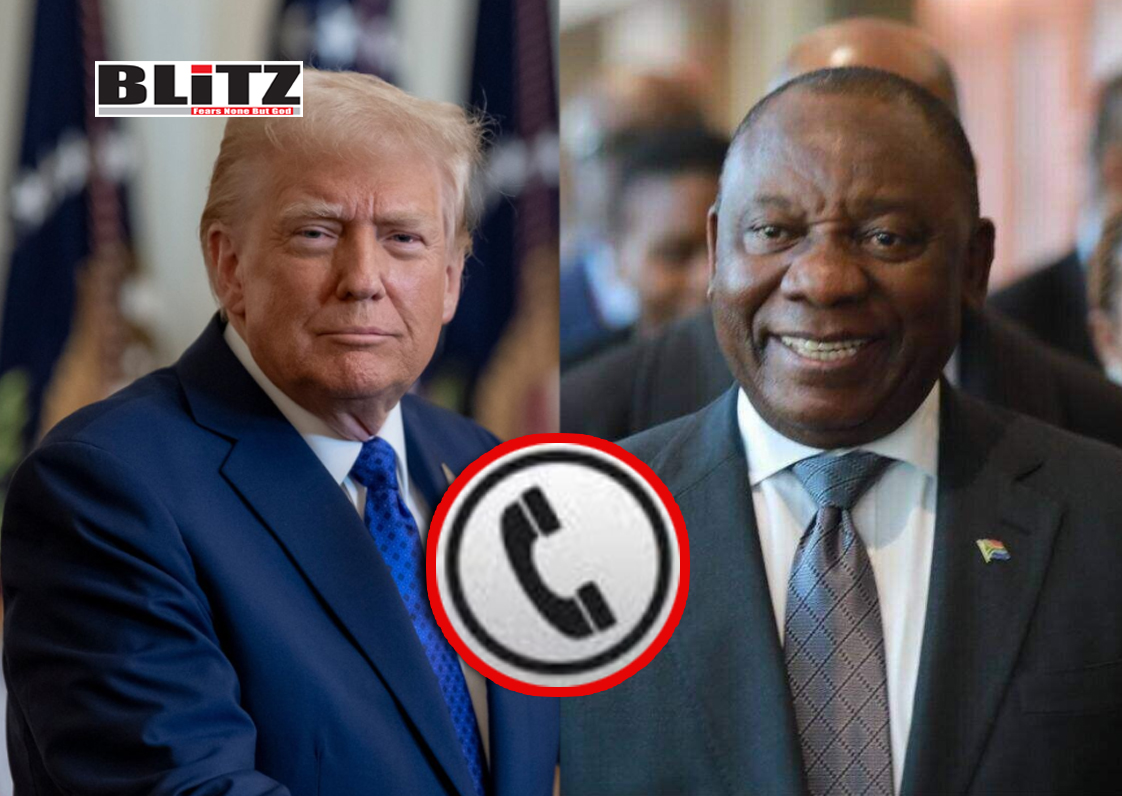


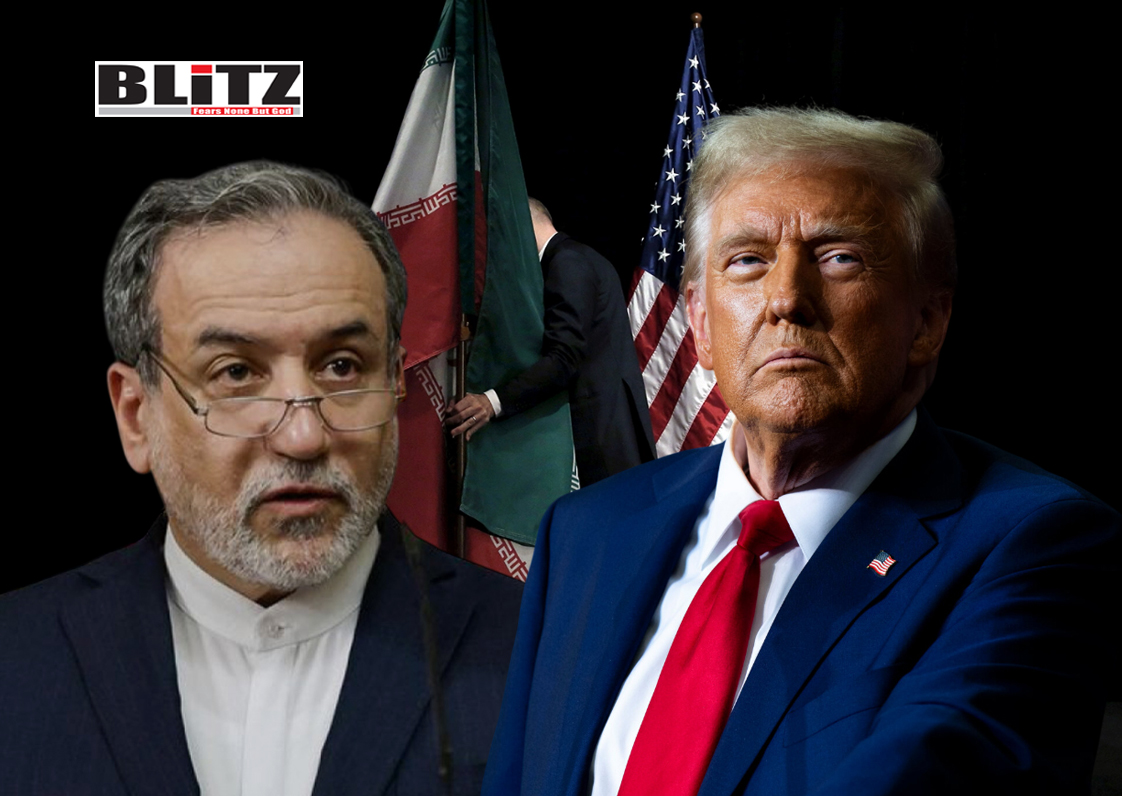
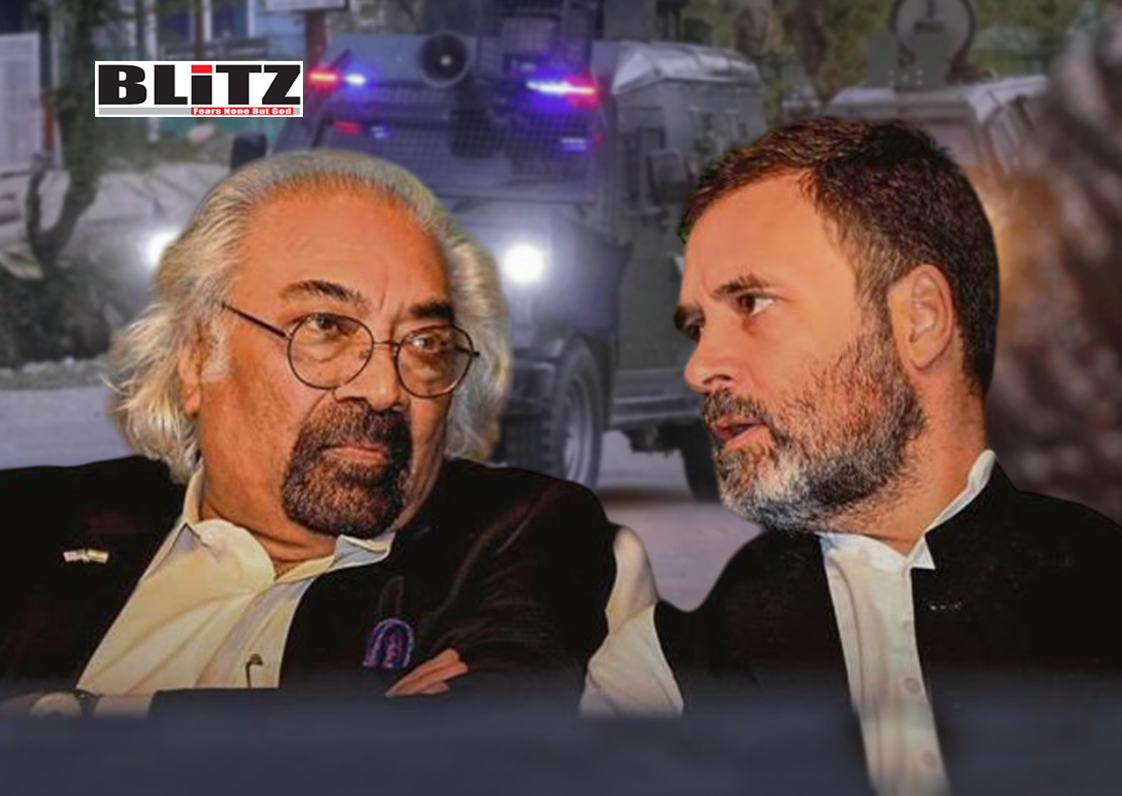
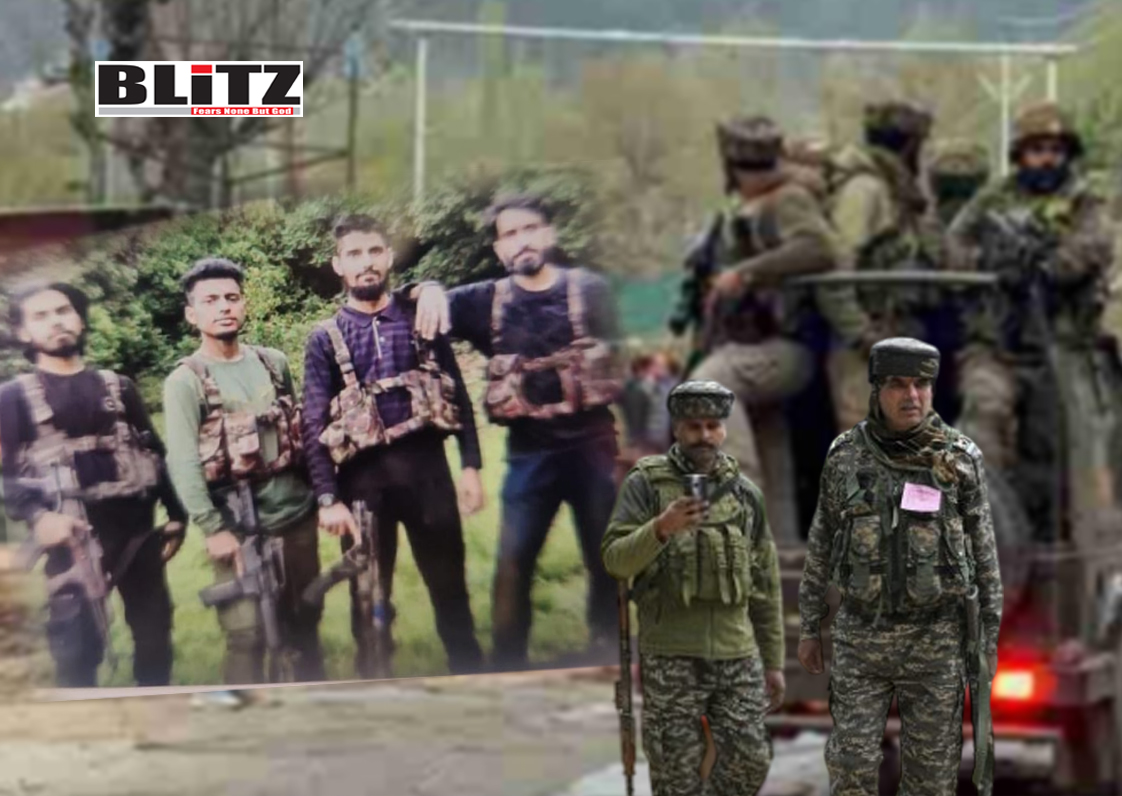
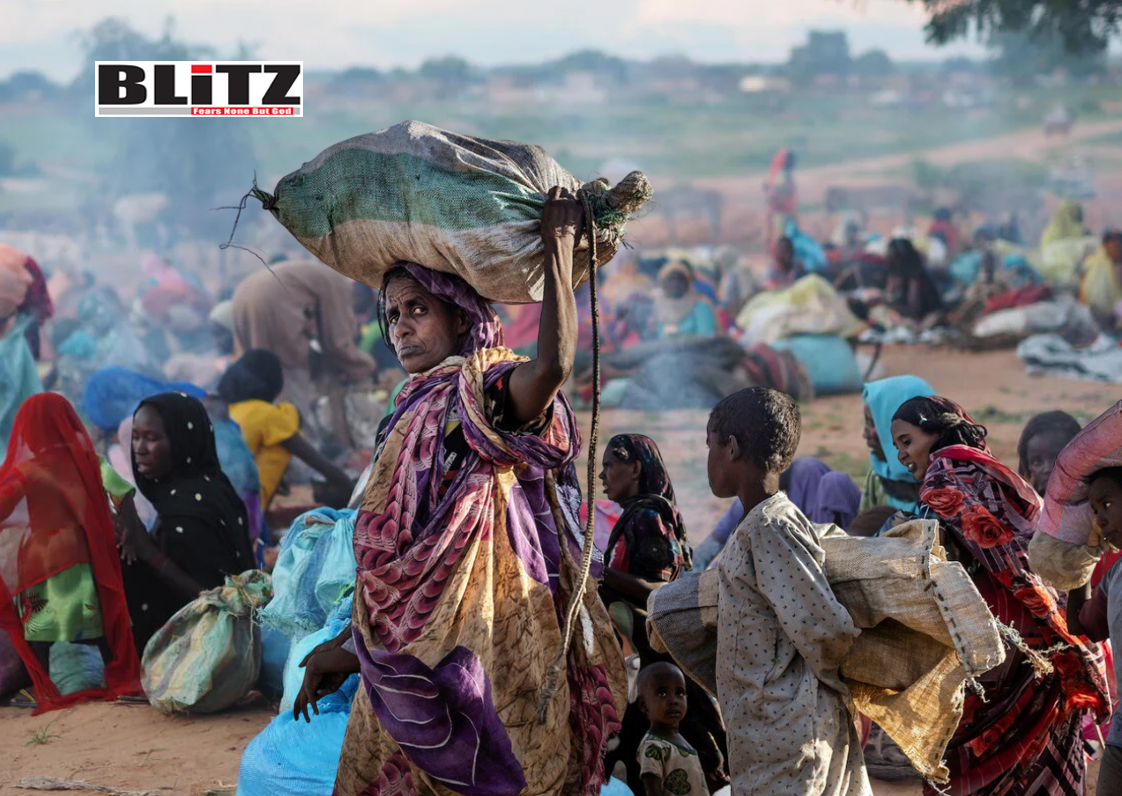
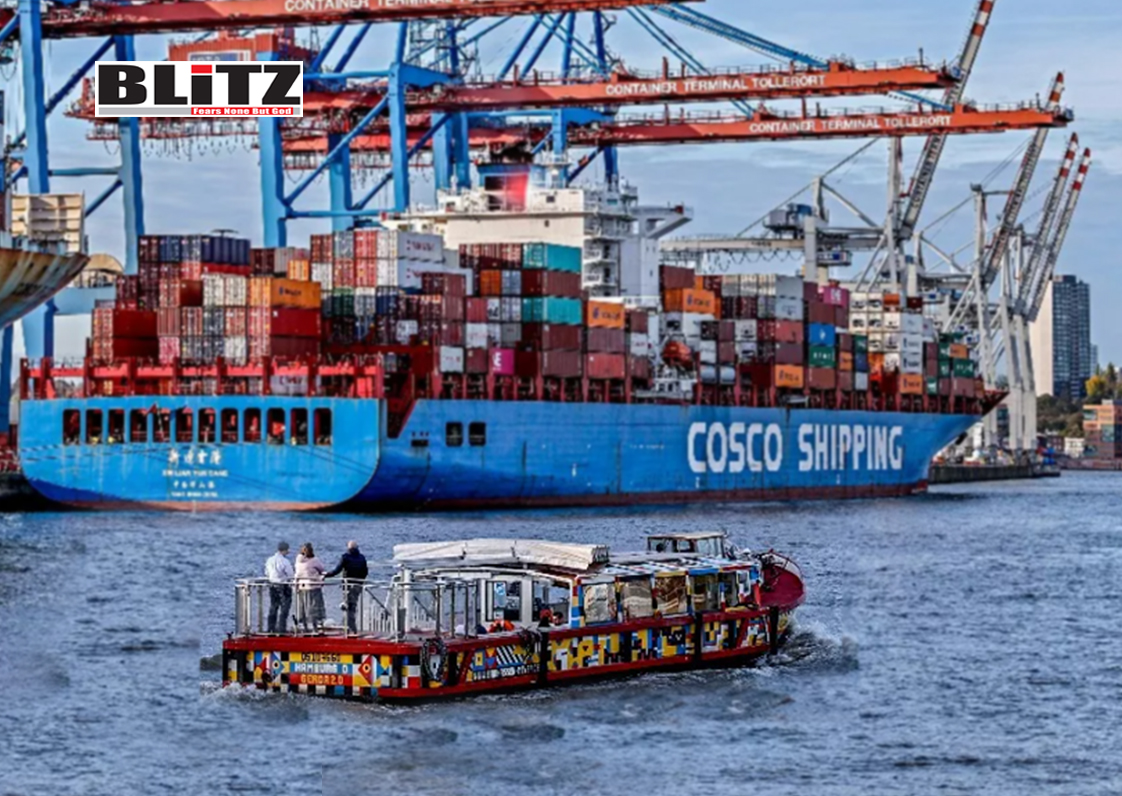
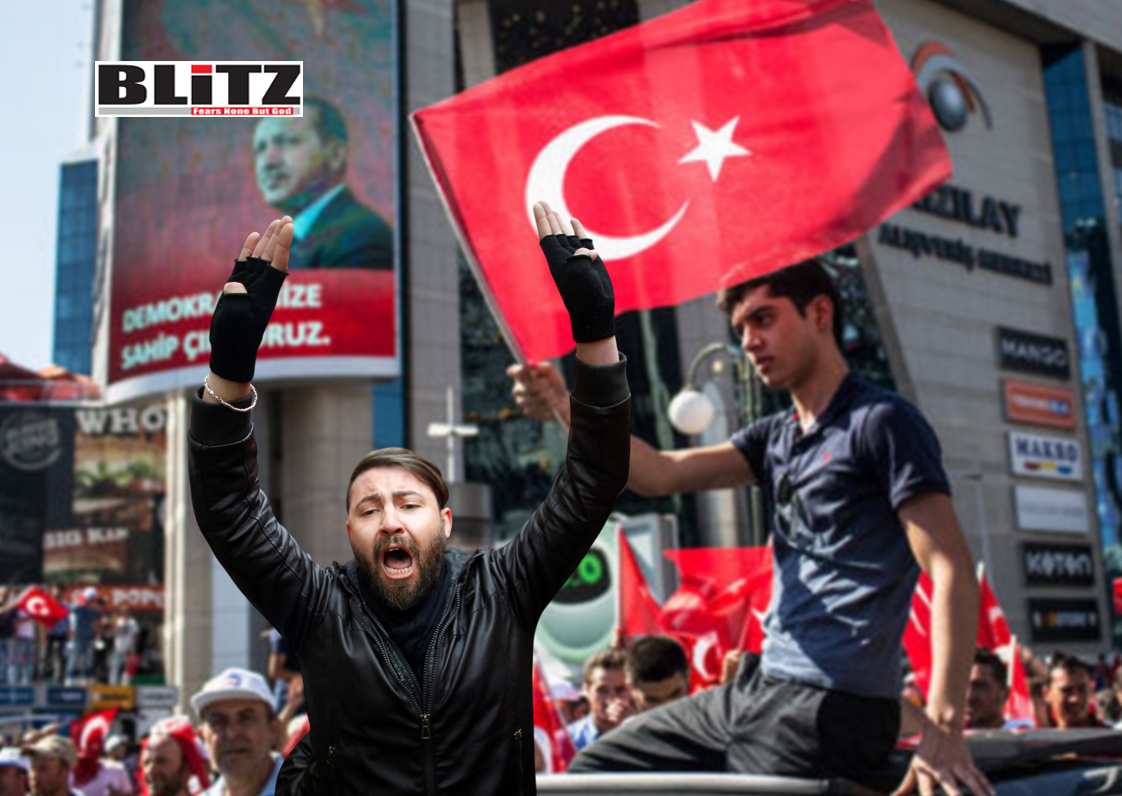

Leave a Reply